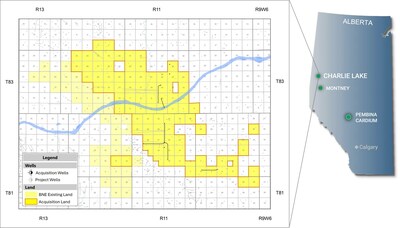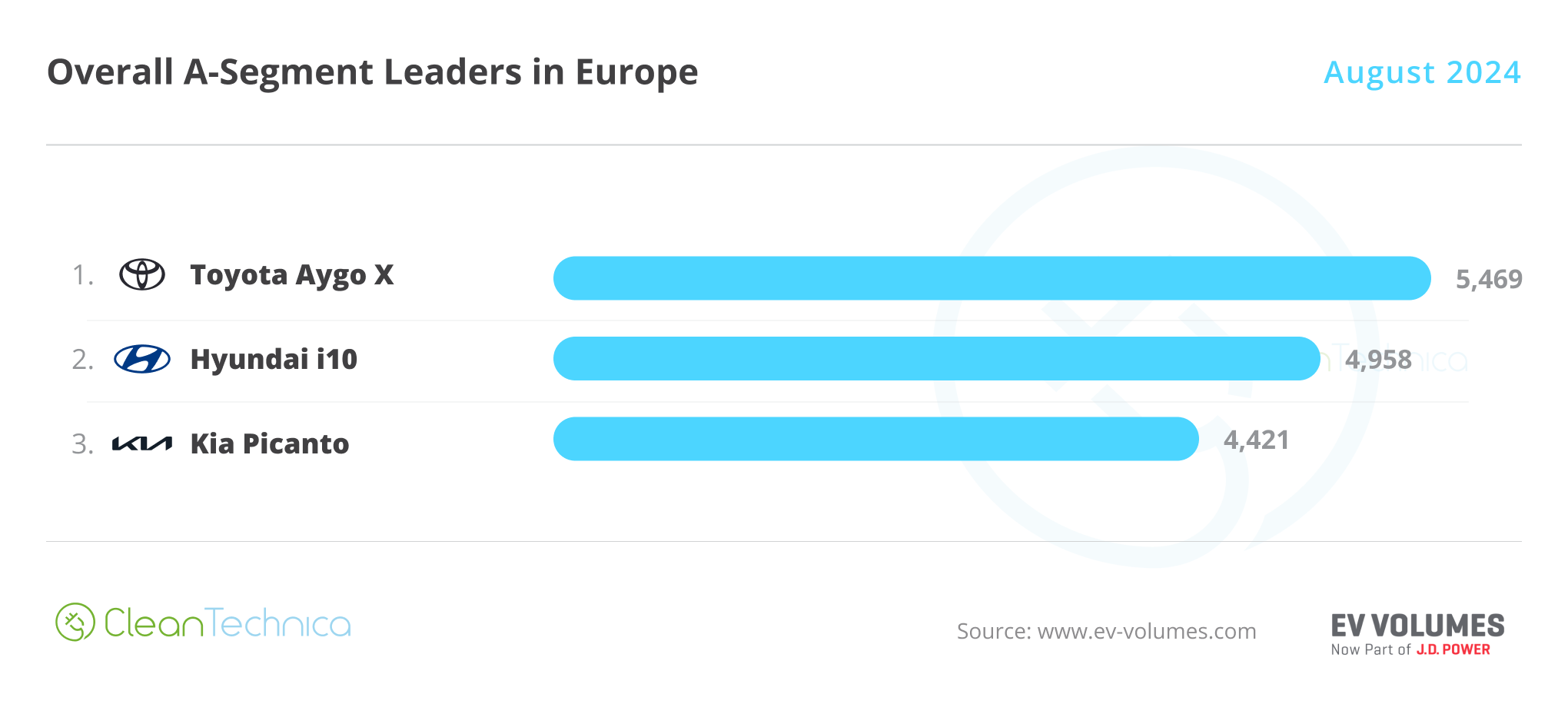Major miner BHP has named three organisations as recipients of its grants program aimed at developing the Australian blue carbon market.
BHP’s Blue Carbon Breakthrough Grant Program launched in June 2022 and aims to provide funding and support to emerging blue carbon projects with the provision of over $5 million over a three year period.
It was developed with the support of climate change investment and advisory firm Pollination and works alongside the Blue Carbon Enabler Program, which supports earlier stage projects where the outcomes are expected to be realised over a longer period.
BHP defines blue carbon as carbon which is captured by the world’s ocean and coastal ecosystems. It said that projects which try to conserve and restore these ecosystems are increasingly being recognised for the important role they play in mitigating climate change.
The grant recipients include Deakin University’s Blue Carbon Lab, which is restoring coastal wetlands through low-cost strategies and supporting the uptake of blue carbon restoration projects through tidal reinstatement along Victoria’s coastline.
The second recipient is Tidal Moon, which is one of the world’s largest seagrass restoration projects targeting a portion of the estimated 100,000 hectares of damaged sea grass meadows in Western Australia.
The third and final recipient is James Cook University and the first meadow scale seagrass restoration project at the Great Barrier Reef.
BHP group climate and sustainability officer Fiona Wild said the company is excited to be supporting the blue carbon market.
“The large number of applicants for our program makes it clear that there is significant interest in taking action for our environment and for our communities, and BHP is very pleased to be working with the successful recipients,” Wild said.
Pollination chief executive officer Martijn Wilder said there is enormous potential for blue carbon projects to help support Australia’s net zero ambitions.
“With these grants from BHP, these projects will be able to demonstrate how blue carbon activities can be deployed on the ground, with the potential to be replicated and scaled across the country in the future,” Wilder said.




